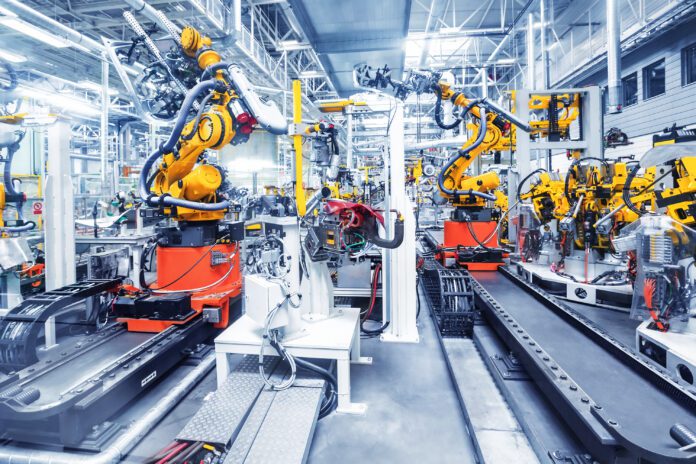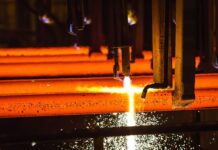
A recent study conducted by Autodesk, Inc has revealed a growing sense of optimism among Australian Design and Make (D&M) industries, encompassing construction and manufacturing.
However, even as digitalization and sustainability initiatives gain traction, businesses are grappling with challenges such as cost control and talent acquisition, the firm said in a media release.
The 2024 State of Design & Make report, based on a survey of 451 Australian companies within the sector, indicated a notable shift in sentiment.
In particular, 78 per cent of industry leaders express confidence in their companies’ ability to navigate unforeseen economic or geopolitical challenges.
This figure surpasses the global average of 73 per cent and marks a significant increase from 63 per cent in 2023.
Additionally, 94 per cent of respondents feel their companies are keeping pace with industry changes, while 86 per cent report that their businesses exceeded expectations in the previous year.
Despite these positive indicators, a prevailing sense of uncertainty persists, with 63 per cent of respondents stating that the global landscape feels more unpredictable compared to three years ago.
While Australian companies are making strides in enhancing their operations, with initiatives such as introducing new offerings and expanding into new markets, they face a new set of challenges.
Cost control emerges as the top concern, cited by 32 per cent of respondents, followed closely by talent acquisition and retention (30 per cent), and environmental sustainability (29 per cent).
Notably, 18 per cent of respondents highlight the challenge of an unreliable supply chain.
Andy Cunningham, senior regional director for Australia and New Zealand at Autodesk, acknowledged the progress made by Australian industries despite ongoing turbulence.
“While we are still far from calm waters, the nation’s architects, engineers, builders, designers and manufacturers have made notable strides in creating foundations for recovery,” he noted.
He emphasised a shift towards proactive strategies, leveraging advanced technologies like AI, and prioritising sustainability initiatives.
Moreover, the report revealed that digitalization remains a cornerstone of innovation for Design and Make organisations, with 33 per cent of Australian companies significantly increasing investments in technology to drive better project outcomes.
While digital transformation yields benefits such as improved profitability and productivity, barriers such as cost and time constraints hinder progress.
The integration of artificial intelligence (AI) is gaining momentum, with 67 per cent of Australian respondents either approaching or having achieved their AI incorporation goals.
The majority express trust in AI technologies, foreseeing their enhancement of industry creativity and becoming indispensable within the next two to three years.
However, the talent crunch persists, posing a significant hurdle to industry growth. While 71 per cent of leaders recognize the importance of upskilling their workforce, many struggle to design effective training programs.
Efforts are underway to address this challenge, with organisations increasingly investing in digital skills training programs.
Sustainability emerges as a central focus for industry stakeholders, with a notable shift in attitudes towards prioritising environmental initiatives alongside profits.



















